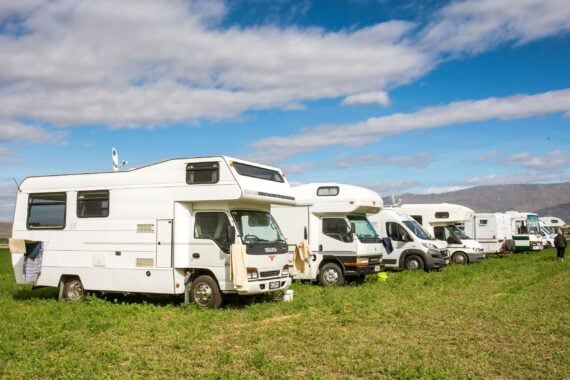An RV can help you see the country in comfort, but a whole lot of options and affordable alternatives make them seem more like conspicuous spending than a sure bet, and they can be a challenging vacation proposition if you don’t know what you’re doing. We consulted with the RV professionals and came up with a list of concerns to address before buying a recreational vehicle.
BUYING TOO QUICKLY

There’s an entire RV culture that makes it easy for novices to learn about a first purchase — they just have to take advantage. “Go to a few RV shows, poke around all the different kinds of RVs, and ask questions on online forums,” says Amanda Watson, owner of a restored Airstream and writer for the blog RVShare. “Or maybe even rent an RV or two to get a feel for what you want and need.”
LAZY SHOPPING

“You don’t want to purchase an RV and then, a few months after using it, you find out that there is a leaking problem in the piping,” says RVing Planet contributor Cameron Burry. If you wouldn’t buy a car without a test drive or a house without an inspection, don’t just buy an RV without at least doing some online research about known issues with the specific model you want.
PAYING FULL PRICE
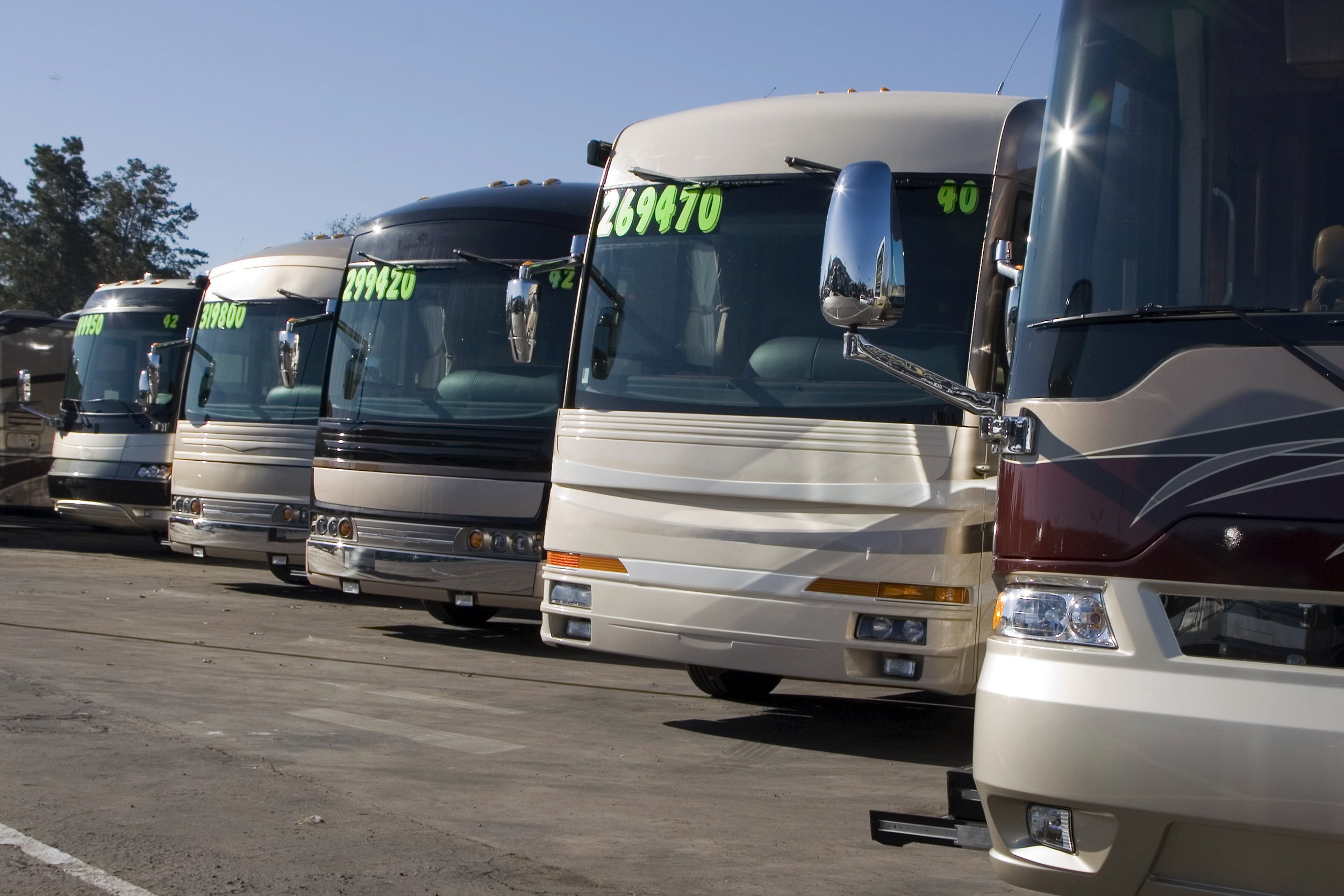
RV prices are typically inflated by up to 35 percent, as Bankrate points out. You need to haggle like a car buyer; get a sense for what’s reasonable by checking prices on sites such as RVs.com, RVT.com, and RVTrader.com.
BUYING THE WRONG SIZE
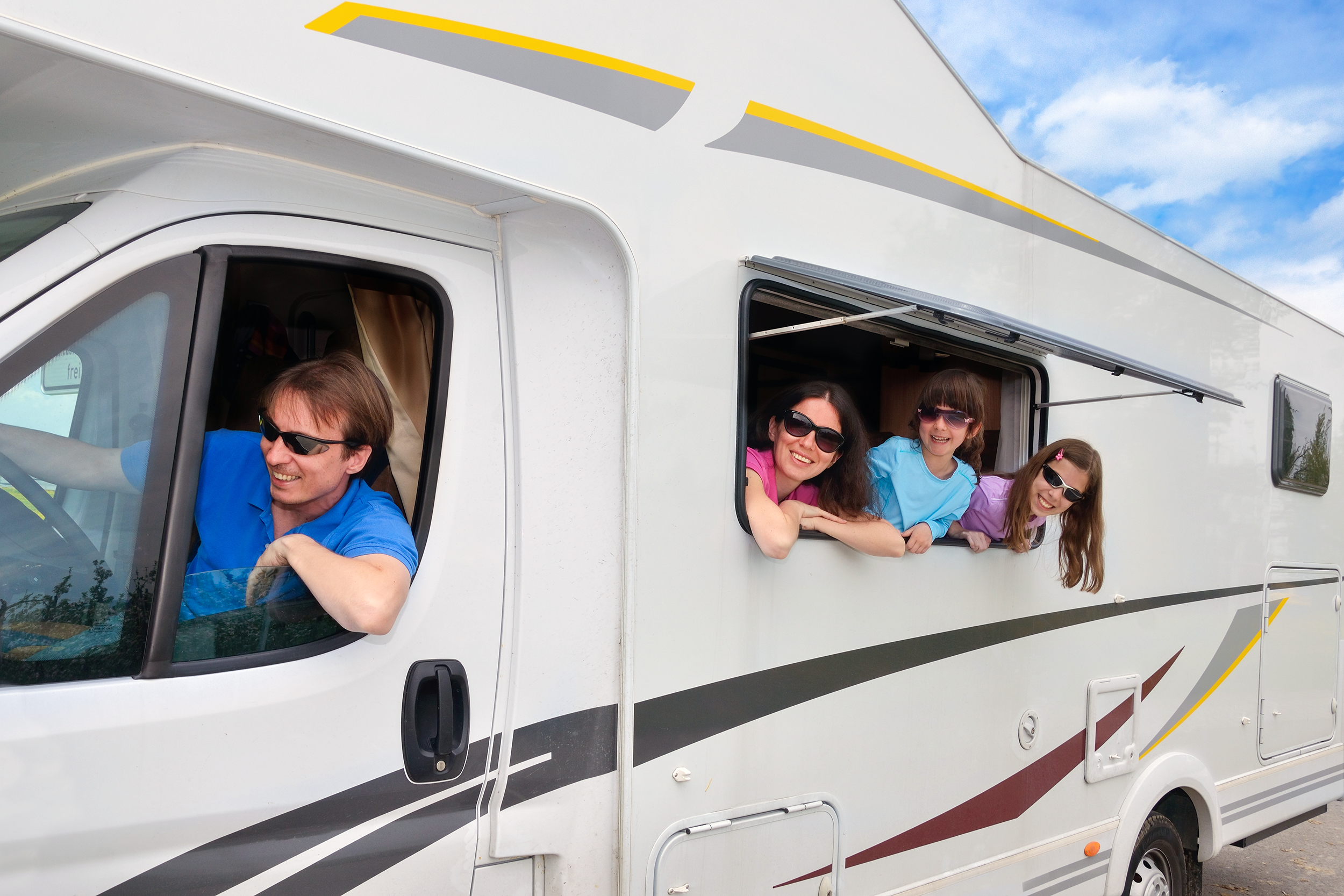
How many people do you plan to take on trips? What will your family look like in five years? How can you best spend the money you have now on space for the future? Good things to think about, though “when you are buying an RV, you absolutely need to purchase one that is specifically suited to your current financial and experiential capabilities,” Burry says.
ASKING FOR TOWING TROUBLE
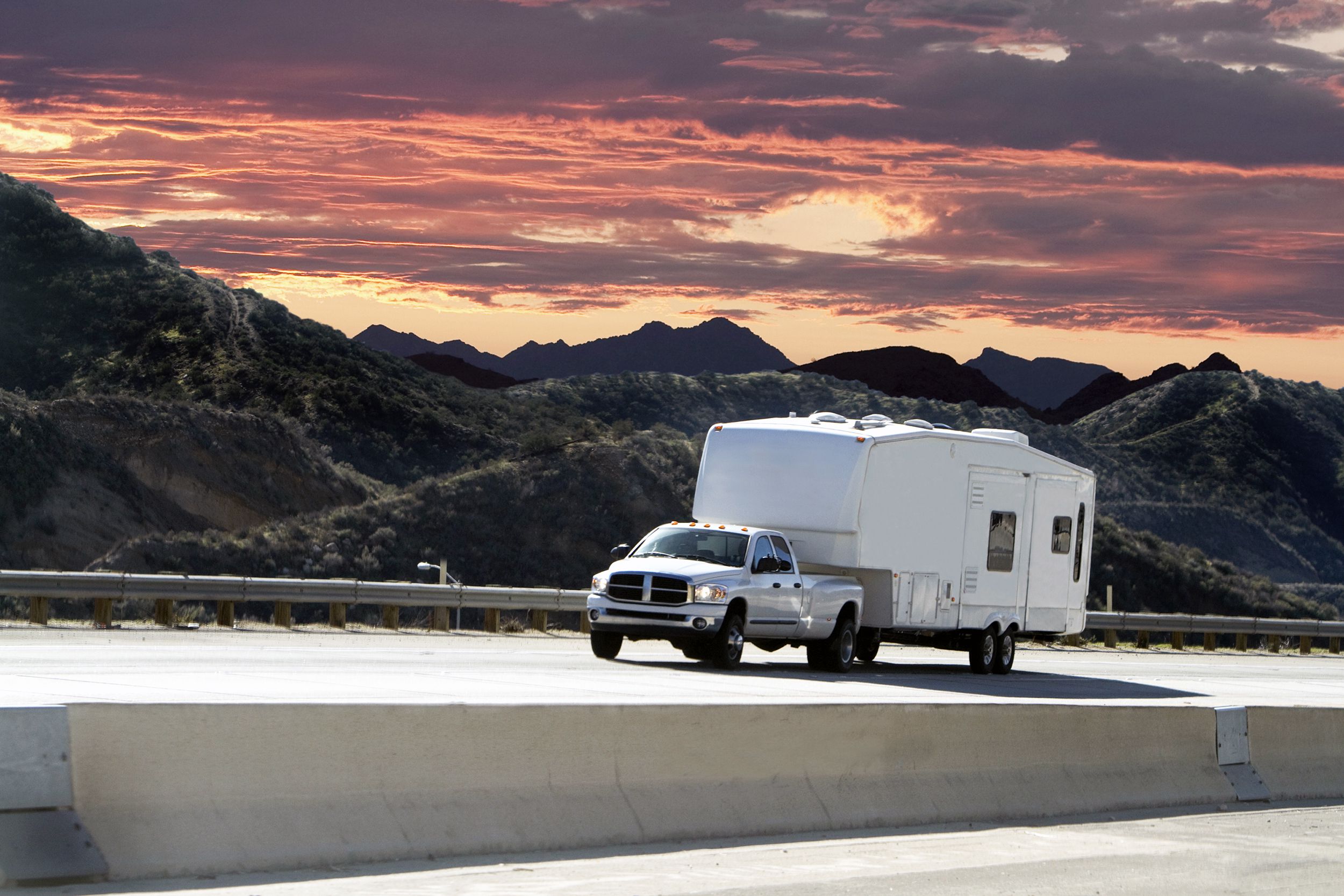
If you are getting a trailer, fifth-wheel, pop-up, or any RV without a steering wheel, you’re going to need to know its towing weight “dry” (largely empty) and packed down. You won’t need a pickup truck or large SUV to haul everything, but be reasonable about expectations. “For instance, a hybrid sedan is unable to tow most RVs, including lightweights and pop-ups,” Burry says.
Trending on Cheapism
CRASHING YOUR CREDIT
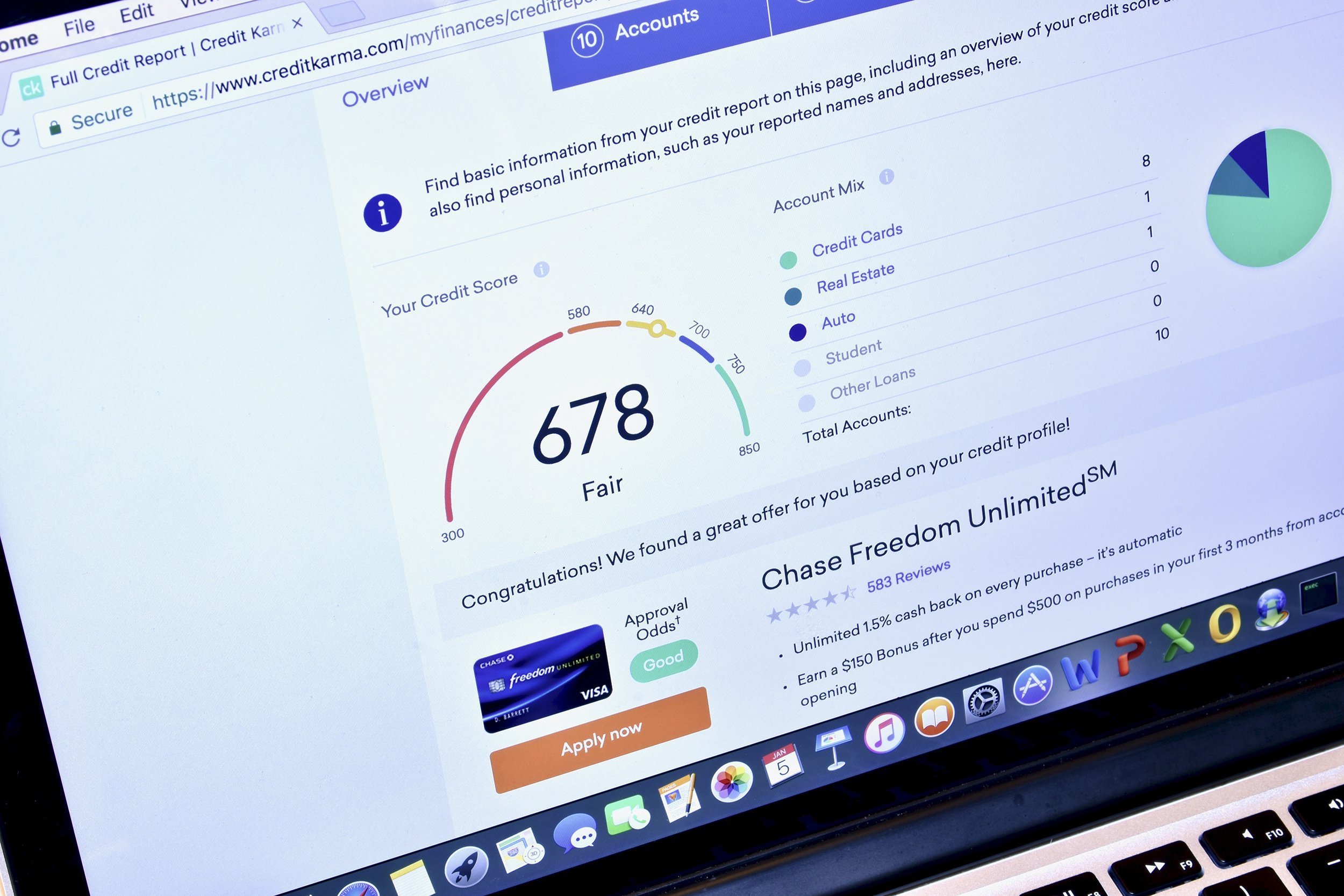
You’ll need an RV loan, and those loans are just as tethered to credit scores as any. If you have a score below 600, expect to pay close to 25 percent more for an RV than someone with a 640 score, Bankrate says.
MISSING THE TAX BREAK
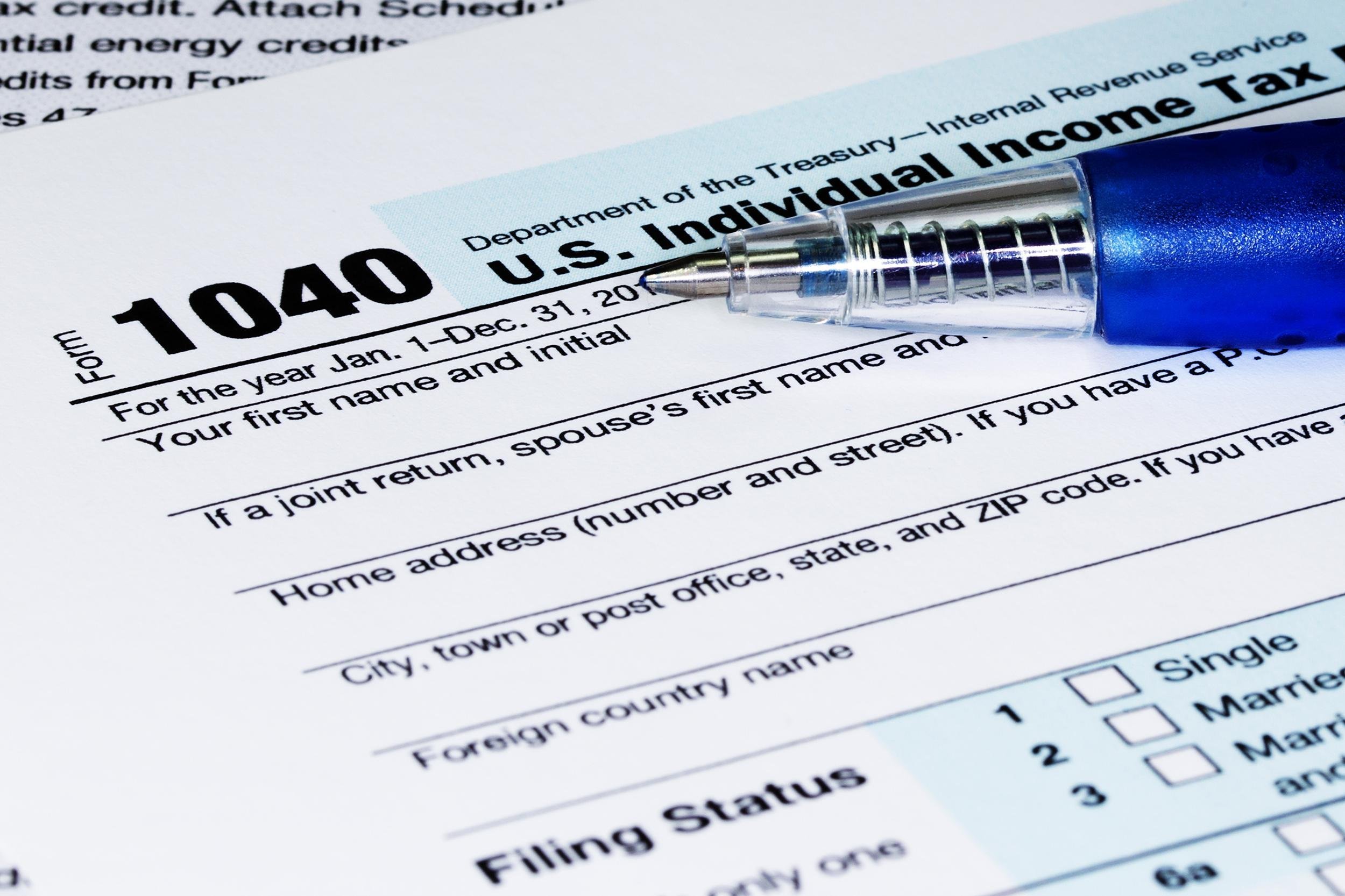
You may be able to claim an RV as a primary or secondary residence. It won’t save you cash upfront, but it could get you a break on federal taxes if you’re allowed to deduct your RV loan interest. According to the IRS, if a vehicle contains areas for sleeping, cooking, and toilet facilities, it can be declared a residence.
IGNORING SECONDARY COSTS
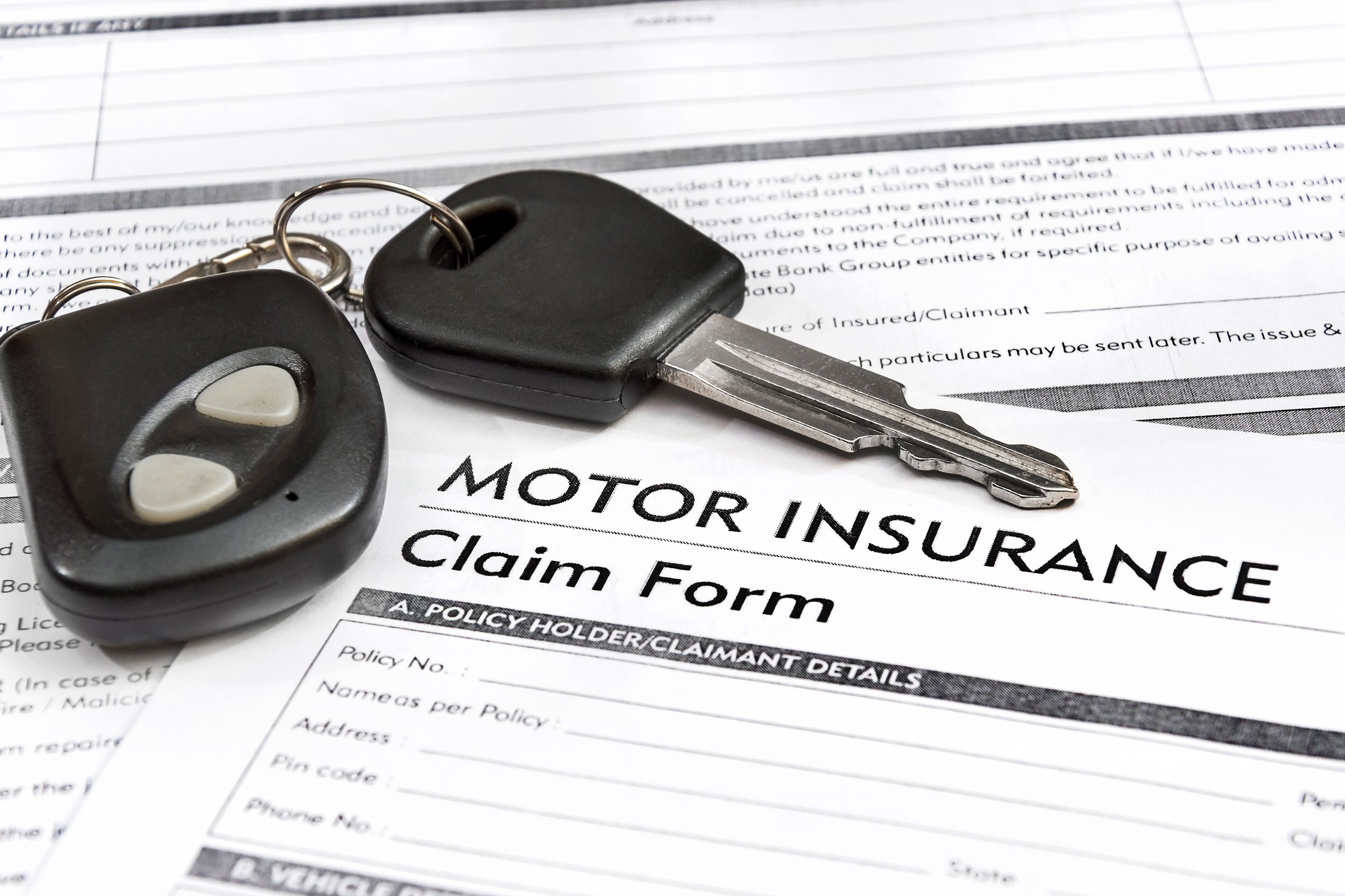
The upfront price of an RV isn’t the only RV cost to consider. If you’re declaring it a residence, you’re likely going to want to buy insurance that’s more substantial than vehicle insurance. An RV policy will cover accidents, but coverage that’s more akin to renter or homeowner insurance is smarter if you choose to live in your purchase.
Sign up for our newsletter
GETTING THE WRONG LOAN

If you’re just looking for the cheapest RV loan available, there are plenty of 20-years out there that will make upfront costs seem minimal. But think about a personal loan instead of the RV loan the seller shoves in front of you. For one thing, it won’t use the RV itself as collateral.
SENDING YOUR RV UNDERWATER

A new RV loses as much as 30 percent of its value as soon as it drives off a dealer lot, which doesn’t put an RV loan in great shape from the outset. A larger down payment could offset the risk a bit, but so could a smaller vehicle.
FALLING ON THE WRONG SIDE OF NEW VS. USED
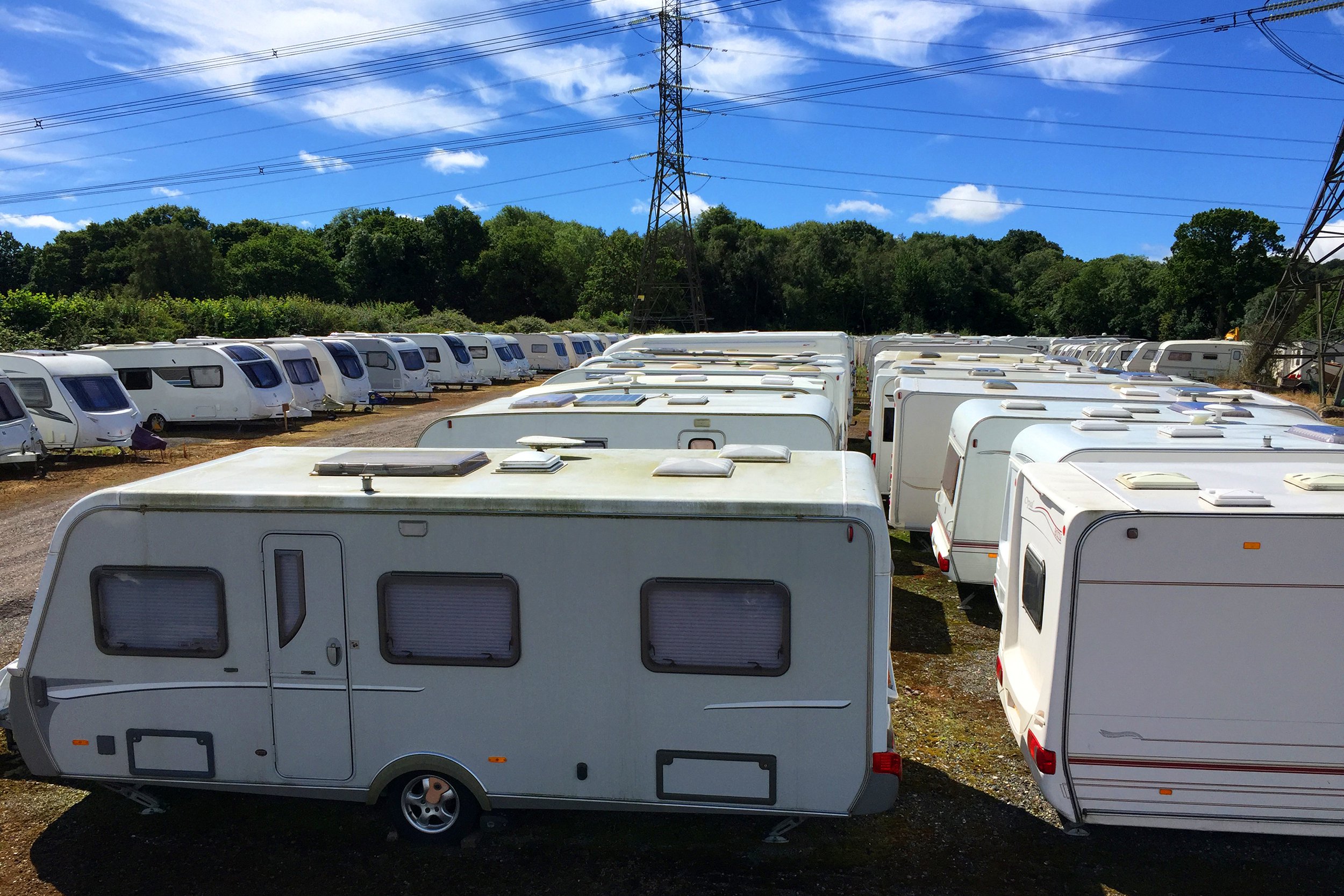
Depreciation may make people consider a used RV, but the increased likelihood of repairs and improvements on a used model can add to costs. RVing Planet has a free worksheet to help buyers figure it out. Burry warns buyers to be honest with themselves about the risk they’re willing to assume, or the work they’ll put in.
REBUFFING THE ROOF

RVs that are more than four years old and stored outside will spring some sort of roof leak and sustain water damage, say Nathan and Annie Adams, RV enthusiasts in north Georgia who write the blog Glamper Love. If you’re buying a used RV, they suggest not only checking the roof, but checking the interior for rot or mold.
SHRUGGING OFF SIDING
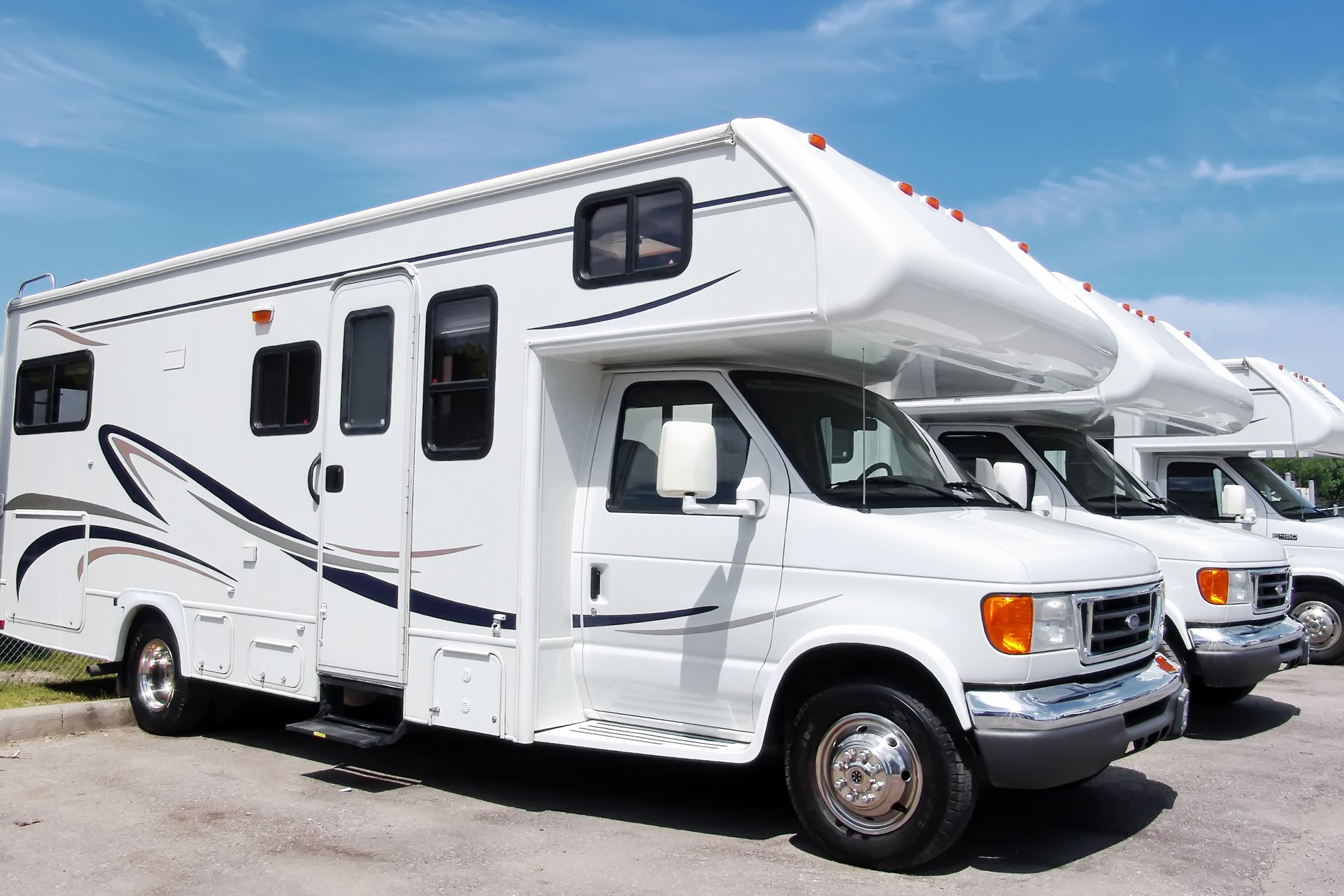
Fiberglass RVs lose lamination on their siding if they spend too much time in the elements. It’s expensive to repair and leads to bigger problems without work. Nathan Adams not only suggests checking the siding on fiberglass campers before buying them, but looking into metal-sided RVs. “They aren’t as sexy, but they can be much easier and cheaper to repair,” he says.
NOT SEEKING SHELTER
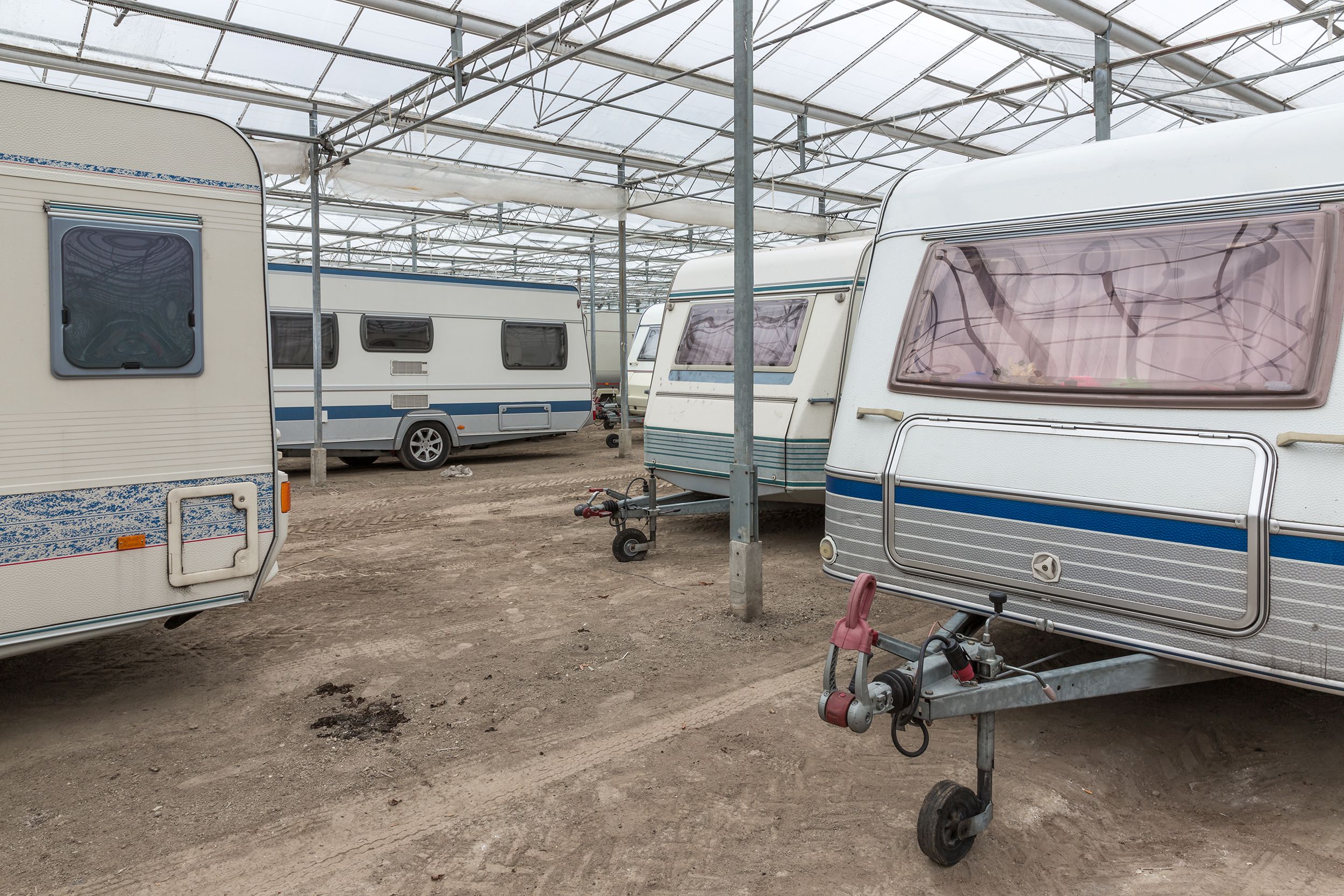
Even if you’re buying new, think about RV shelter. Not everyone has a hangar-sized garage; carports or pole barns that are basically RV tents are a relatively inexpensive alternative (between $900 and $4,000). Some self-storage facilities will offer RV storage for a monthly fee.
UNDERESTIMATING THE IMPORTANCE OF SHELTER
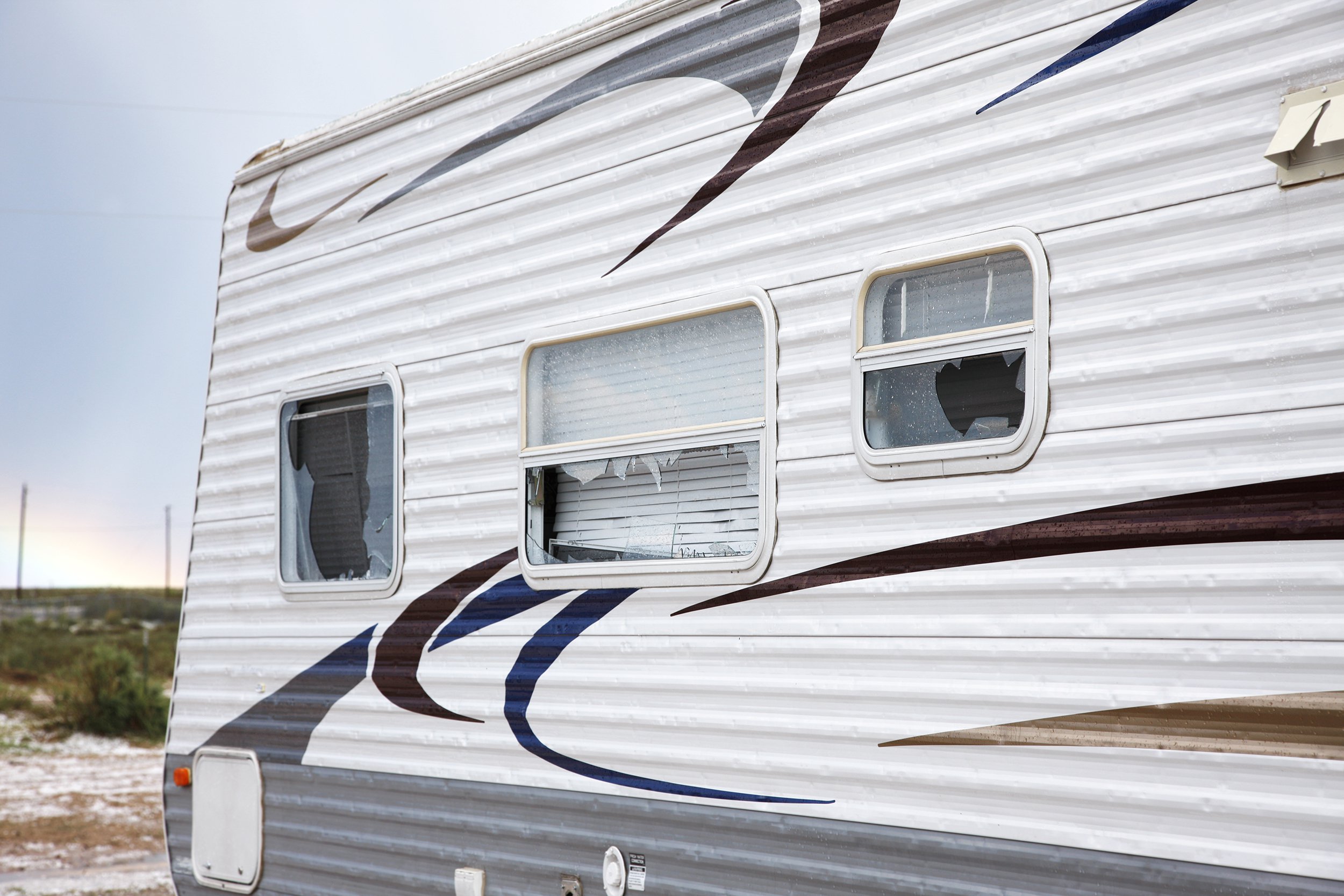
If a used RV wasn’t kept in a garage or pole barn, chances are it will run into maintenance issues, and Nathan Adams warns against assuming vinyl covers and tarps got the job done. “These covers lock in moisture and heat and often times do more damage than good,” he says. When buying a used RV, find out how it was stored.
NOT ASKING THE NEIGHBORS
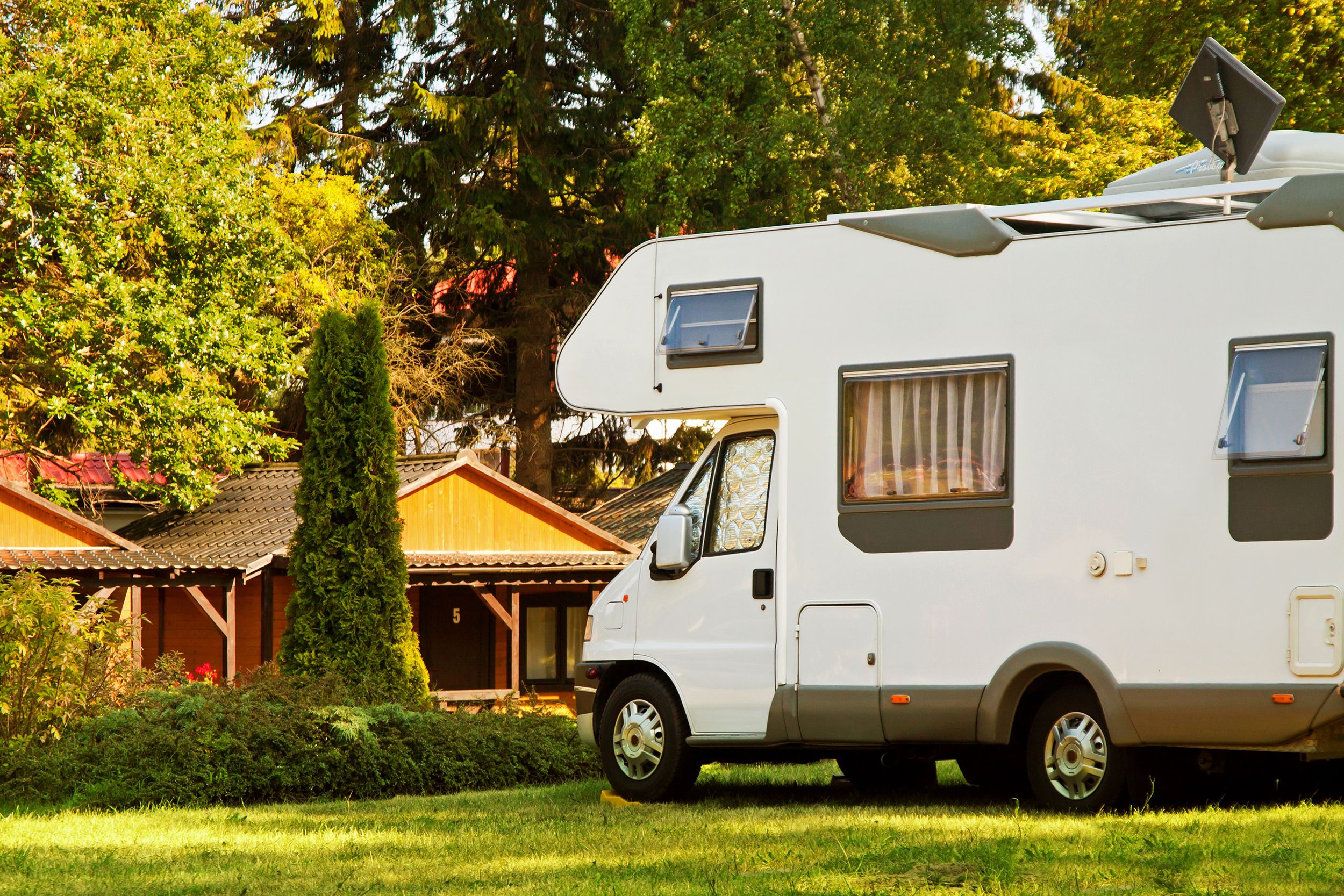
Some homeowners associations outright forbid storage of RVs in driveways or garages. They’ll frown even more glumly if you build a carport for it. Check in before hitching up.
YELLING “TIMBER”

Wood-construction RVs can look beautiful, but there’s a reason cars don’t have a lot of wooden parts. To this day, some RV makers will still use wooden roof trusses and other wood superstructure to cut costs. “They don’t hold their value and traditionally don’t have the same longevity as an aluminum superstructure,” Nathan Adams says. “Many wood construction RVs built in early to mid 2000s didn’t even last as long as the purchaser’s loan payments.”
BUYING DEAD BRANDS
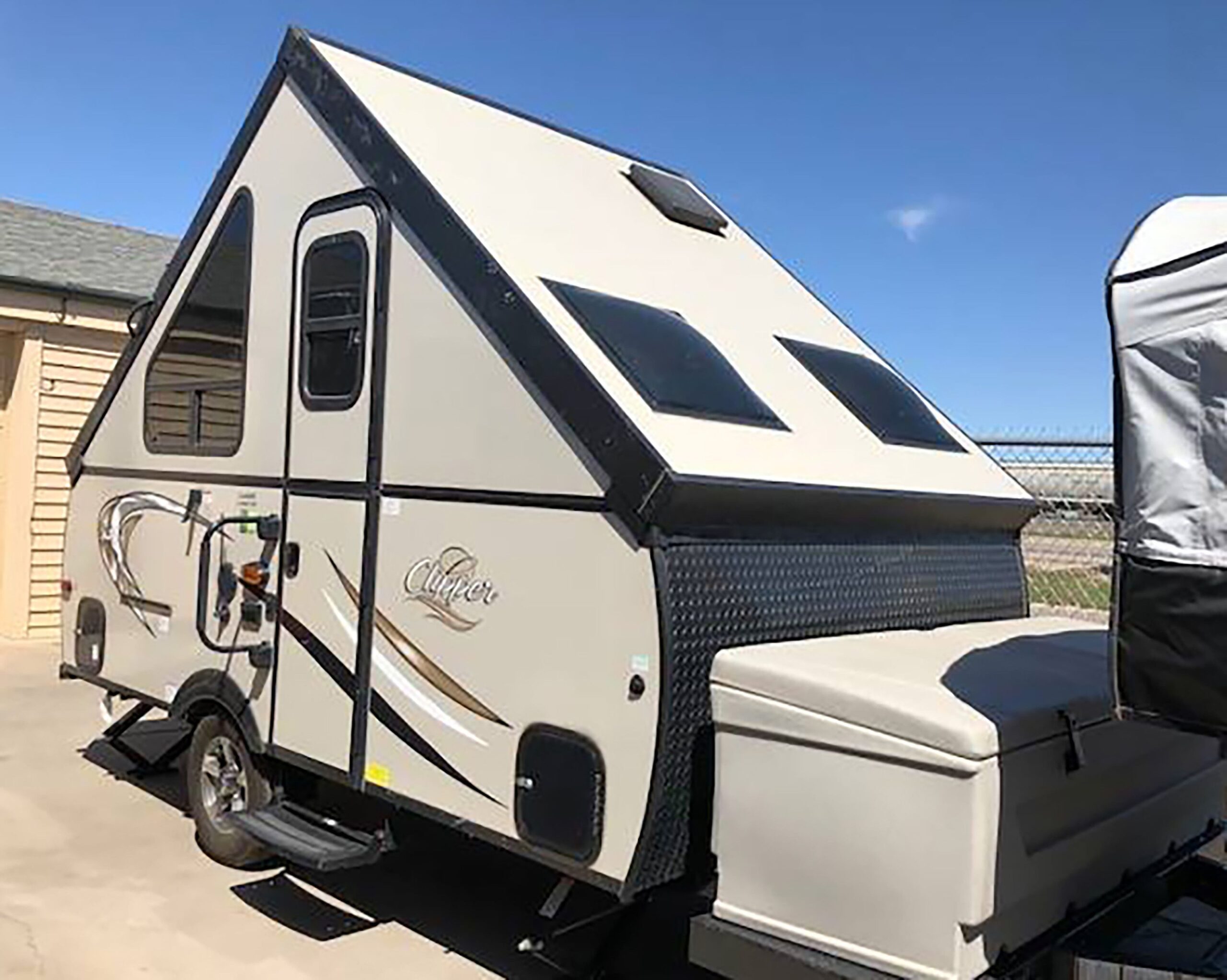
The late 2000s recession did a number on RV companies and left owners with useless warranties and few parts. While there are some dead brands out there with a lot of parts available, do your research before buying something at a price that’s too good to be true. “For example, if you buy a used Coleman pop-up with an ABS roof and a manufacture-specific part breaks or the roof splits, you’ll likely be selling for scrap metal,” Nathan Adams says.
BUYING LIVED-IN RVS
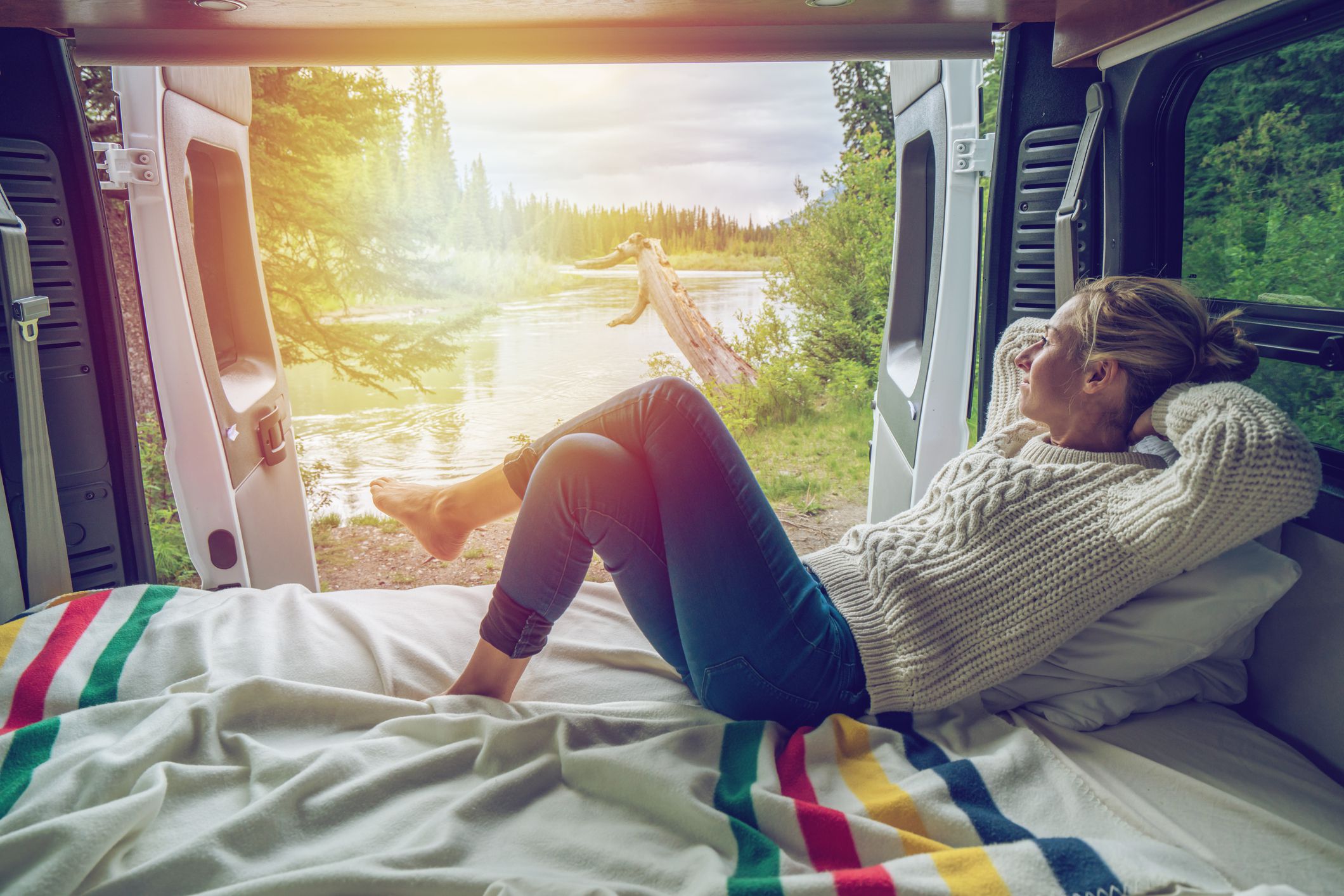
We aren’t talking about buying Airstreams and Spartans restored by retirees and pampered over the years, but about standard campers that have clearly served as full-time residences. Buying one could save considerable money, but realize there may be a lot of wear. “Many RVs are purchased by construction companies for workers to live on job sites, FEMA housing, or just people looking to save some money on rent,” Nathan Adams says. “While I’m not bashing these decisions, activities, or people in any way, you will likely find that RVs in these situations live a very hard life and suffer the highest level of neglect.”
NOT CHECKING RECORDS

If you do go used, make sure that RV has detailed maintenance records. Again, you aren’t just looking for oil changes, brake work, or mileage-based checkups: You’re looking for maintenance that will affect how you live in a mobile home. Not winterizing, for example, can lead to significant plumbing damage. “It’s not uncommon for the owner to do this him/herself,” Nathan Adams says. “Just make sure they have.”
UNDERVALUING OR OVERVALUING AN RV

There’s one big way you should treat an RV like a car: Consult a buyer’s guide. Nathan Adams notes that depreciation and improvements can make prices fluctuate dramatically. While car buyers have multiple guides at their disposal, Adams recommends the J.D. Power-owned NADA RV Guide for first-time buyers.
MISTIMING A PURCHASE

Unlike car buying, there are typically strict seasons for buying an RV. Nathan Adams notes that the most popular time to buy is between March and October. “There are a few lulls, especially during August and September, but for the most part spring and fall are crazy times to buy,” he says. Summer months leave less wiggle room for hagglers; those who wait until winter will be rewarded for standing out in the cold.
LOSING THE TITLE

Those buying a used RV should know it has a title, just like a car. Different states have different rules, but usually there are no plates without one. “If a seller tries to tell you that your state doesn’t require a title for a RV, don’t take their word for it,” Nathan Adams says. “Not having a title on a modern-era RV should be a red flag.”
TAKING THE WHEEL

If you’re buying a drivable RV, get a feel for it first — it’s like driving a moving truck or bus recreationally, which can take some getting used to. RVShare’s Watson recommends either finding an empty lot and practicing or actually enrolling in an RV driving school. The $250 to $500 cost will be far less than the average $2,500 you’ll spend repairing small damage to your new toy.
NOT PLANNING AHEAD

If you’re buying an RV to live on the road in your retirement years, take everything into account before you leap. Are you healthy, are you financially secure, is your RV a model that would sell quickly if something went wrong? If you aren’t thinking about these scenarios upfront and are stretching yourself thin, Axle Addict writer Sonda Rochelle says you’re making the worst RV buying mistake ever.

